Tawanda Majoni
A few years ago, we were at a function in Harare. We broke for lunch and I sat at a table next to a senior politician.
As we waited to be served, an editor from one of the local papers passed by and took his seat among colleagues, three tables away from this politician. When he was satisfied he wouldn’t be overheard by the editor, the minister passed a snide remark with some bit of hushed but committed air.
“Look at that one!” he remarked to no-one in particular, waving his head in the editor’s direction. “He has grown so fat eating bribes, there is no more difference between him and a Tanzania rat. Next time he won’t be able to get through the newsroom door!”
The dudes who sat with him laughed derisively along with him. And I laughed too from where I sat. Not because I considered his jab a good joke at lunch, no. But because I knew why he had to jibe the editor with no provocation.
That editor, true enough, was in the habit of taking bribes from all sorts of people as we heard quite often. But his main sin this time around was that he was on the “payroll” of a rival politician. This said senior politician had a fair share of presence in the rumour alleys too for bribing journalists.
So, here is the point, I laughed at the politician’s jibe because it was absurd. How do you throw the stone like that when you are a sinner too? Just because you have been sinned? I laughed because the politician reminded me of a thief. My, oh my! If you really want to see the real colour of anger, just go ahead and pickpocket a thief. You will bolt to heaven when he starts talking of how someone stole “my money”. Like he was the inventor of money in the first place.
But, in retrospect, I also laughed on some wry resignation, seeing as it is how the brown envelope culture had become so pasted in the media, the so-called Fourth Estate.
I have quite some rich intimacy with this problem of brown envelopes in the newsroom. Just recently, a lady friend in the media gave me a surprise call after about four years without communication. “You remember that story of a former magistrate who was accused of rape the other time and we ran it in our paper?” she asked me. I said “yes”.
“Thing is,” she went on, “we have an opportunity to make some good money here,” she said. But how, I asked. The guy wanted to have the story’s footprints deleted from the internet, so would I be able to do something about it? A cool US$2,500 was on offer. Not that I could, in any way, do that, but I wriggled out of the conversation without exactly calling her a witch.
Then, again a few years ago, a group of home-seekers who had bought stands in northern Harare stormed my office. The land developer had decided to unilaterally reduce the size of their residential stands, making millions out of it.
That was a scoop, so I jumped on it. But, as they gave me details about the fraud, something hit me. They were coming to me as some kind of last resort, more or less. They had tried to give the story to more established papers but with no joy. In one of the attempts, the journalist who took their story grabbed it by the feet and turned it upside down. So much so that they ended up as the culprits rather than the victims.
And that was because the land developer was a well-connected, slimy fox who, according to rumour, could meet the president at short notice. And he had his own syndicate of underworld journalists in both the private and public media, as I later found out.
You see, just minutes after calling the guy for his response to the allegations, I got a call from a line editor from the private media. He came to my office and tried to talk me out of the story. “Do talks with these madharas,” he said. But that’s never been in me, so I declined.
A short while after, I now get a call from a senior reporter at a public paper who had worked under me at one time. Then another, then another. Four of them, all of them senior journalists in one single day.
That day, I hardly had enough fuel to take me back home in my outdated car, but the offers these guys were making just made me sick, and I took the sickness to my pillow when I went to sleep. I just couldn’t believe how intricate, how systematic, how entrenched the culture of the brown envelope had become in the Zimbabwean media.
And there is a fresh case whereby some of the sluts tried to talk one of the reporters participating in our investigative journalism programmes out of a story she was doing in exchange for money. What made me even madder is that one of the reporters who tried to do that had been given a slot to do an investigative story on corruption! I had no choice but to chuck him out.
Imagine. Here is someone who is supposed to be part of our project, yet, on the other hand, goes ahead and offers a fellow reporter US$2000 to kill a story. Everything is on record. How many other stories has that person already killed for the brown envelope?
Yes, there are clean people out there in the media, but the levels of corruption are just unbelievable. When I complained to the editor of a public newspaper about his reporter who had approached me to kill the housing stands story, he said to me: “You know what? These days we are finding it extremely difficult to park in the basement because just about everyone has a car now. Cars bought with bribe money.”
And he revealed something that wasn’t exactly surprising but disturbing, nonetheless. A very, very senior politician from the ruling party had put just about everyone on her payroll ahead of the 2013 elections. They were getting money, very good money, from her. If you know, you know.
You can put the brown envelop legends in different categories. There are junior reporters, then senior reporters, then middle management journalists, then editors. They are all doing it. The shop floor guys source or are approached by clients the most.
As the first-line gatekeepers, they can kill a story at that level or just change its colour and feel. But they can only do so much, because there are different other layers of gatekeepers who have to make decisions. The weak senior gatekeepers take the money too from the comfort of their offices.
The senior ones have the advantage of the incumbency of power. That means their value is higher. So, the bribers are always set to offer more. Imagine being offered a house in Umwinsdale to simply kill a story. This is too tempting for a weak editor who is still struggling to build a shack.
Then you have this crop of what you might call bush journalists. Oya, this one is bad oh! These are chaps who have never been in a newsroom after college. If it was in the police service, you would call them the Ndini Ndamubata brigade. The pseudo or neighborhood watch cops who hang around market places and take the slightest opportunity to grab you by the belt for moving around with an empty beer bottle. With this genre of journalists, you normally find them at every function where they hide beers under the table and grab all food leftovers.
They lie that they work for this or that media house and, even though traditionally shabbily dressed, are sweet talkers. They go about threatening company executives with exposure for the slightest sleaze.
Then you have the guys who report crime and are stationed at the courts. This one is a serious syndicate now. They collude with prosecutors, magistrates, investigating officers and lawyers. That’s why some big stories never come out. They get big money for killing stories, and they do it as a club, pretty like they stay at the same hostel in Mbare, there. And they also get big money for ensuring that certain stories come out.
What’s particularly disturbing is that, with most of these people, they now take corruption as a routine. They have lost their conscience and things will get worse if nothing is done about this malignance.
Tawanda Majoni is the national coordinator at Information for Development Trust (IDT) and can be contacted on tmajoni@idt.org.zw







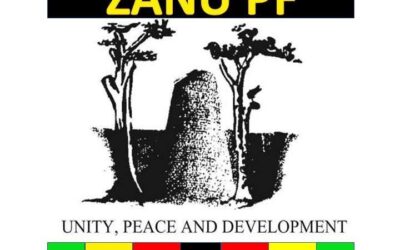
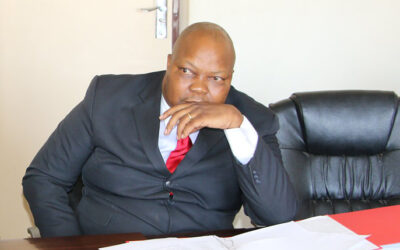


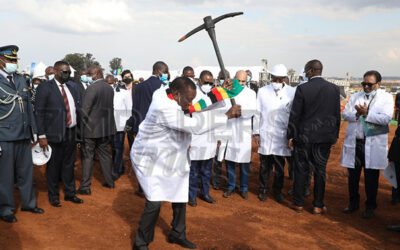

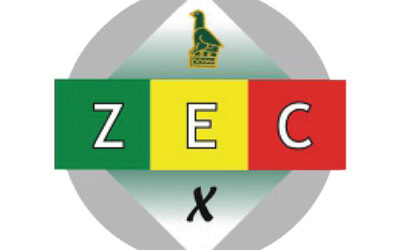



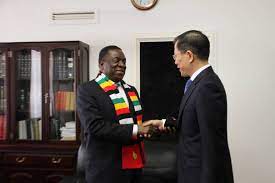




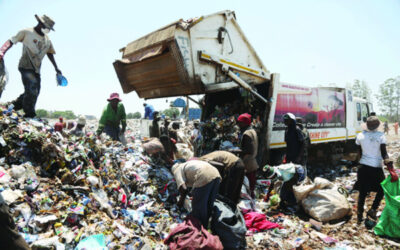
















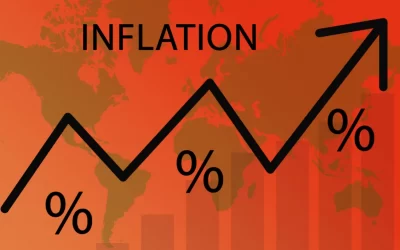





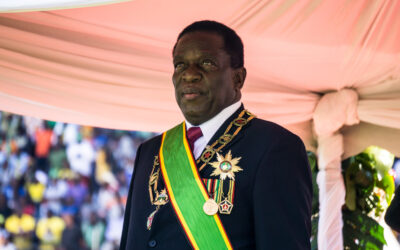





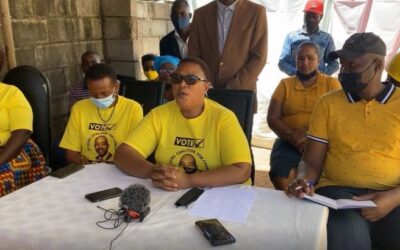




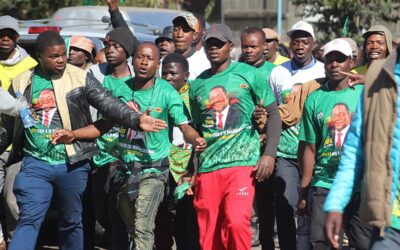




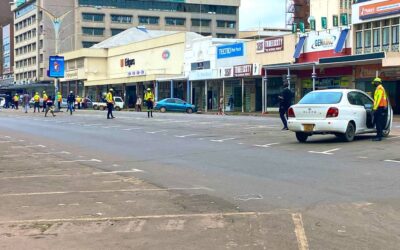



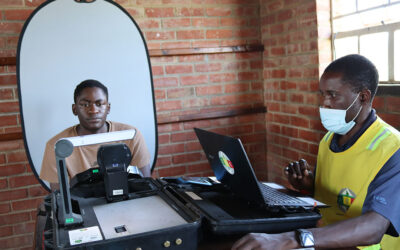


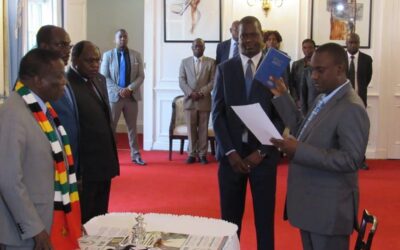





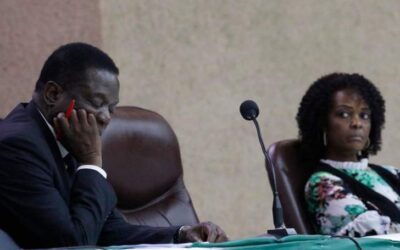





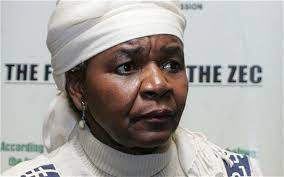
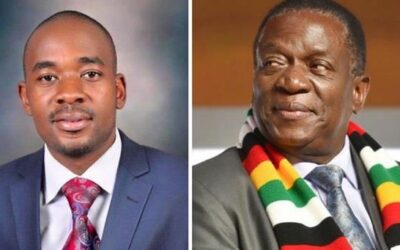



















0 Comments